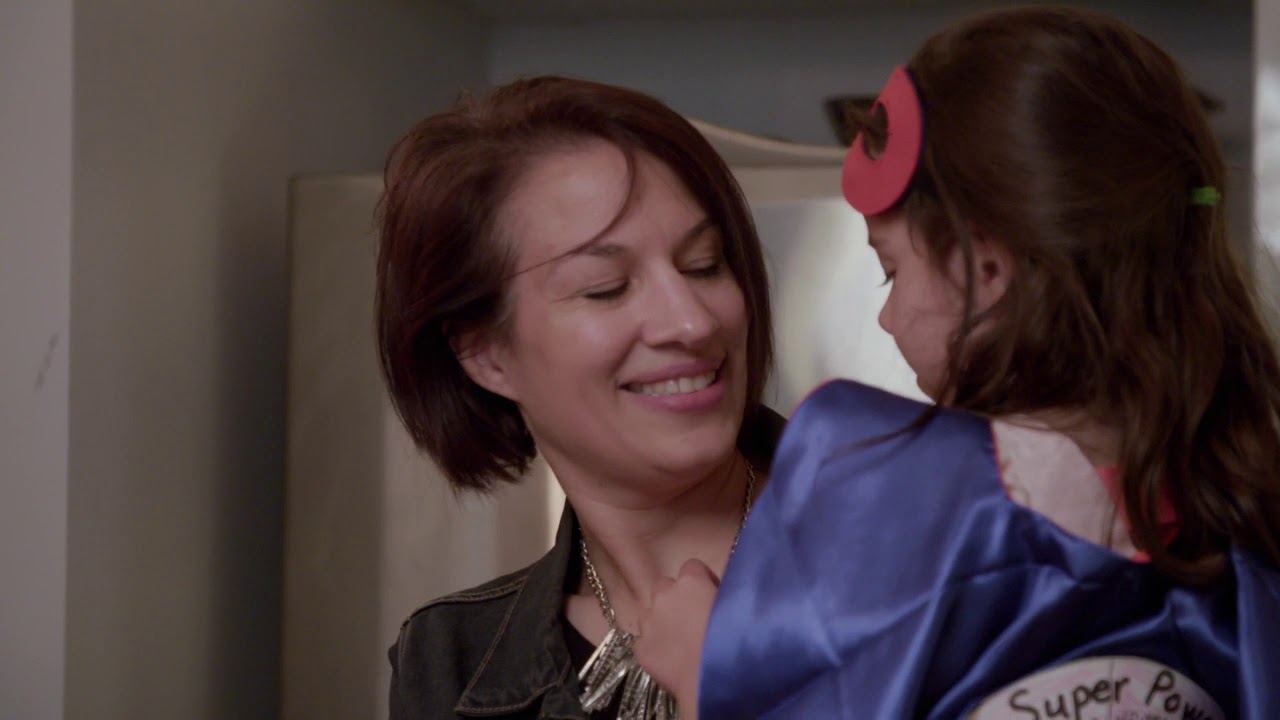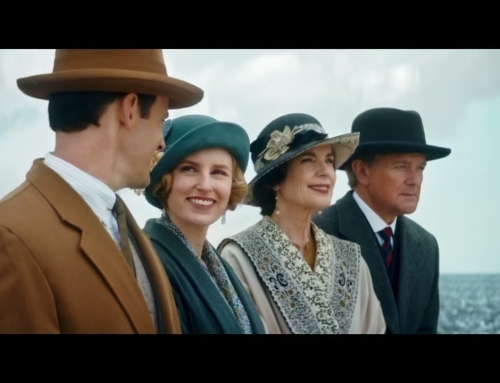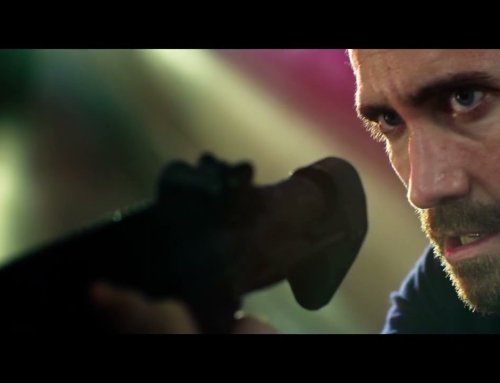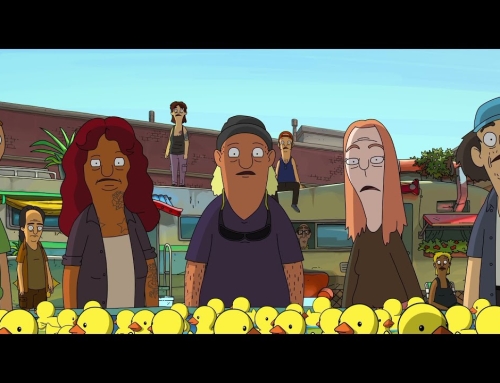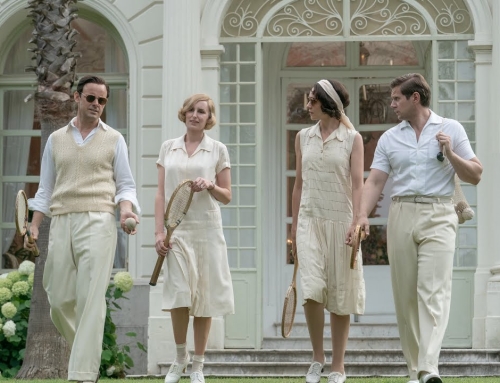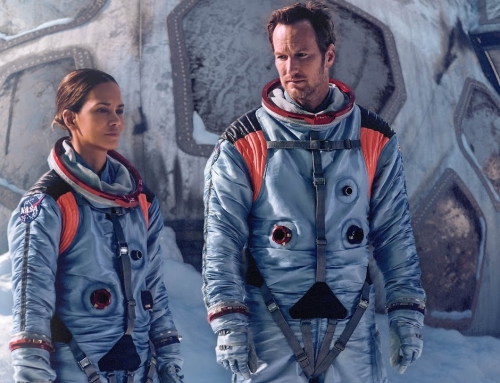ABOUT THE PRODUCTION
Plunging viewers into the middle of a massive nighttime protest on the steps of a Brooklyn courthouse, THE FIGHT opens in January 2017 soon after the inauguration of Donald Trump. Immigration rights were under siege. Would the president’s Muslim ban hold? Or would it be stayed through the heroic efforts of the American Civil Liberties Union attorneys?
“I was there that night when the decision came down,” says co-director Elyse Steinberg. “I was on the steps of the Brooklyn Courthouse. And I knew that this was going to be one of those great moments of history. These lawyers were going to be at the center of one of the most significant fights for civil liberties of our time. And we had to be there.”
Steinberg’s experience was the spark that set her team, including co-directors Eli B. Despres and Josh Kriegman, on a journey that would result in the most essential documentary of their careers.
“I think as a filmmaker, it hit her like a lightning bolt,” Kriegman recalls. “The next day, Eli and I were in the office. Elyse came bolting in, went straight to our white board with all our project ideas, erased everything and wrote THE FIGHT in big letters. She said, ‘We need to get into the ACLU and tell the story of the ACLU versus Trump.’ Eli and I looked at each other and said, ‘Hell yeah.’ ”
“It was sort of a working title,” he continues, “but it ended up sticking. It captures the feeling that this is a central battle here. These four lawyers and the cases they’re following—they’re obviously massively central to the civil-rights battle with the Trump Administration.”
For all three co-directors, the choice of subject was natural and deep-seated: partly a reaction to feeling “knocked back a bit” by Trump’s ascent, per Kriegman, and partly a matter of personal background.
Despres can remember seeing his older brother’s ACLU card and not understanding how anyone could criticize such a righteous organization (least of all, then-presidential candidate George H. W. Bush). Steinberg’s mother was a lawyer who fought for immigrant rights: “She had been inspired to do that work because my grandma had escaped Nazi Germany,” the co-director says. “So my mom always felt a sense of duty, knowing that the country could turn at any point against its own people.”
And for actor and producer Kerry Washington, who began looking for filmmakers to tell this crucial story the morning after Trump’s Muslim ban was announced, the ACLU was a crucial front-line defense.
“I feel like they’re our real-life superheroes,” Washington says. “They’re our David to the Goliath of the higher-ups. They take on power structures to try to uphold the rights of all people, instead of prioritizing the rights of a few. And no matter who’s in power, they’ve consistently fought that battle for a hundred years. During that time, there’s never been a single president of the United States who has not been held accountable by the ACLU.”
“The David and Goliath comparison is entirely apt,” agrees producer Peggy Drexler. “They take on a huge and entirely unpredictable adversary with an outsized confidence and conviction. And thank goodness they do. The ACLU lawyers are modern-day heroes who put their family and personal needs on the line for the country. Telling their story was the entire reason I chose to produce this film.”
Still, being inspired by this group and gaining permission to make an intimate documentary about its work, were two different things. Fortunately, the normally private organization was already beginning to pivot.
“We’re verite filmmakers, so naturally we asked for full fly-on-the-wall access with their star lawyers and biggest cases,” says Steinberg. “At first they were understandably hesitant, but many conversations later, they came to trust us and our vision.”
“Granting access is not something we often do,” says Steve Smith, the ACLU’s deputy chief communications officer, citing attorney-client privilege among other concerns. In his seven years with the ACLU, he can’t recall a single instance of access being given to a filmmaker.
“But even before the election,” he adds, “we knew that if Trump won, it would be a transformational moment, not only for the country but for us. We knew we would have to change the way we work in order to rise to the occasion. We are now 100 years old, so we also knew it was a landmark moment for us and the country. So while we didn’t know the outcome of this film, we knew it was important to share the story—from the inside—of trying to keep the Trump agenda from harming so many people.”
Washington, herself an ACLU honoree with a long relationship to the advocacy group, was instrumental in arguing that this was the right filmmaking team to tell that story.
“The filmmakers had to earn their trust, for sure,” she says. “But in those early days, and throughout the process, we were able to speak to various levels of leadership at the ACLU, just to say, ‘Just stick with us, please—we promise you that we’re going to make something special here.’ ”
Pilar Savone, Washington’s producing partner and an executive producer on THE FIGHT, describes their role as both advisory and maternal.
“I often say that we were the filmmakers’ godmothers,” Savone says. “They would call us and say, ‘We need your help navigating this,’ or ‘How can we make sure that everybody feels protected and safe in this situation?’ I think we were a sounding board for them, plus we were a step removed so we were able to talk it through with them with a bit more objectivity.”
With enviable access to the ACLU secured, and with no strings attached (“For an organization with free speech at its heart, we couldn’t silence them,” says Smith), the filmmakers began pursuing several individual cases in progress. Four specific issues—abortion rights, immigration rights, LGBT rights and voting rights—dominated their production.
“The four cases were sort of a no-brainer,” Despres says. “They were the biggest, most important conflicts going on, and so remain. They remain among the central conflicts of American life right now. We wanted to be where the action was. It was easy to pick those stories.”


